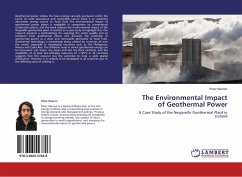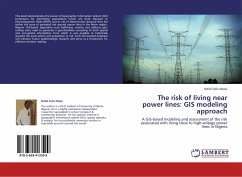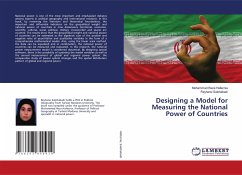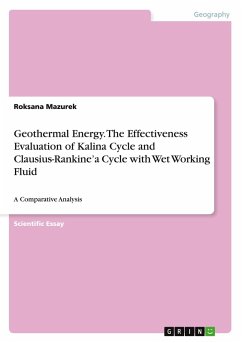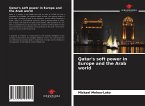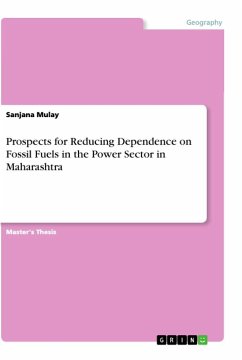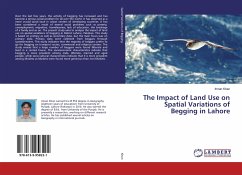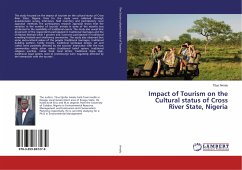Geothermal power utilises the heat energy naturally produced within the Earth. Its wide abundance and renewable nature make it an attractive alternative energy source to fossil fuels. The environmental impact of geothermal power plants is negligible in comparison to conventional combustion plants, and the book assesses the environmental impact of the Nesjavellir geothermal plant in Iceland as a case study to highlight this. The research presents a methodology for assessing the water quality and air emissions from geothermal plants and discusses the potential of geothermal power as a clean and renewable alternative to fossil fuels. Geothermal technology is increasingly being utilised by countries all over the world, especially in developing countries such as the Philippines, Mexico and Costa Rica. The different ways in which geothermal energy can be harnessed: wet steam, dry steam and Hot Dry Rock methods, and the availability of at least low-enthalpy resources of 125ºC in all countries suggests that this resource has the potential to have a wide spatial distribution. However, it is unlikely to be developed in all countries due to the differing costs of utilising it.
Bitte wählen Sie Ihr Anliegen aus.
Rechnungen
Retourenschein anfordern
Bestellstatus
Storno

